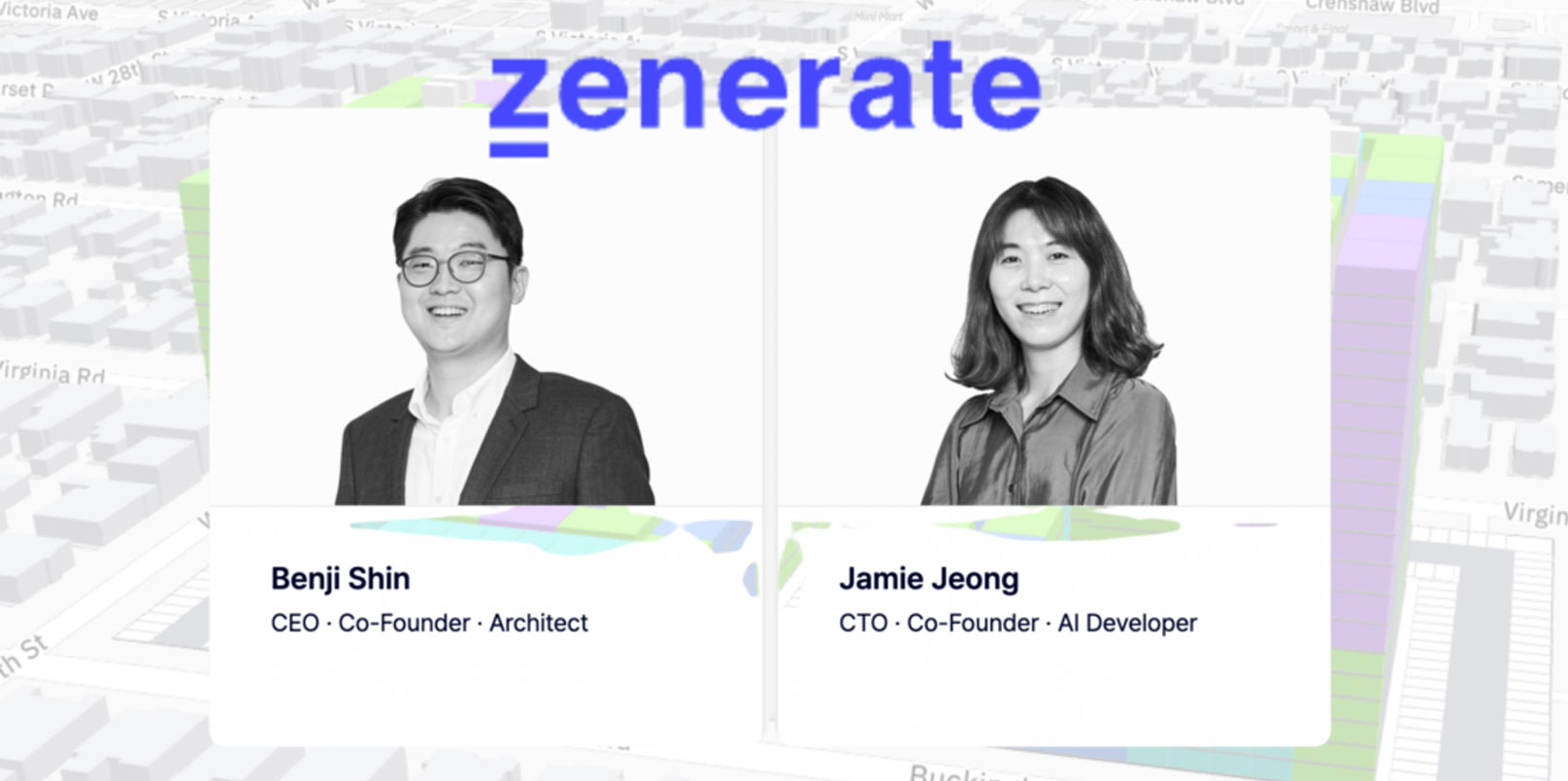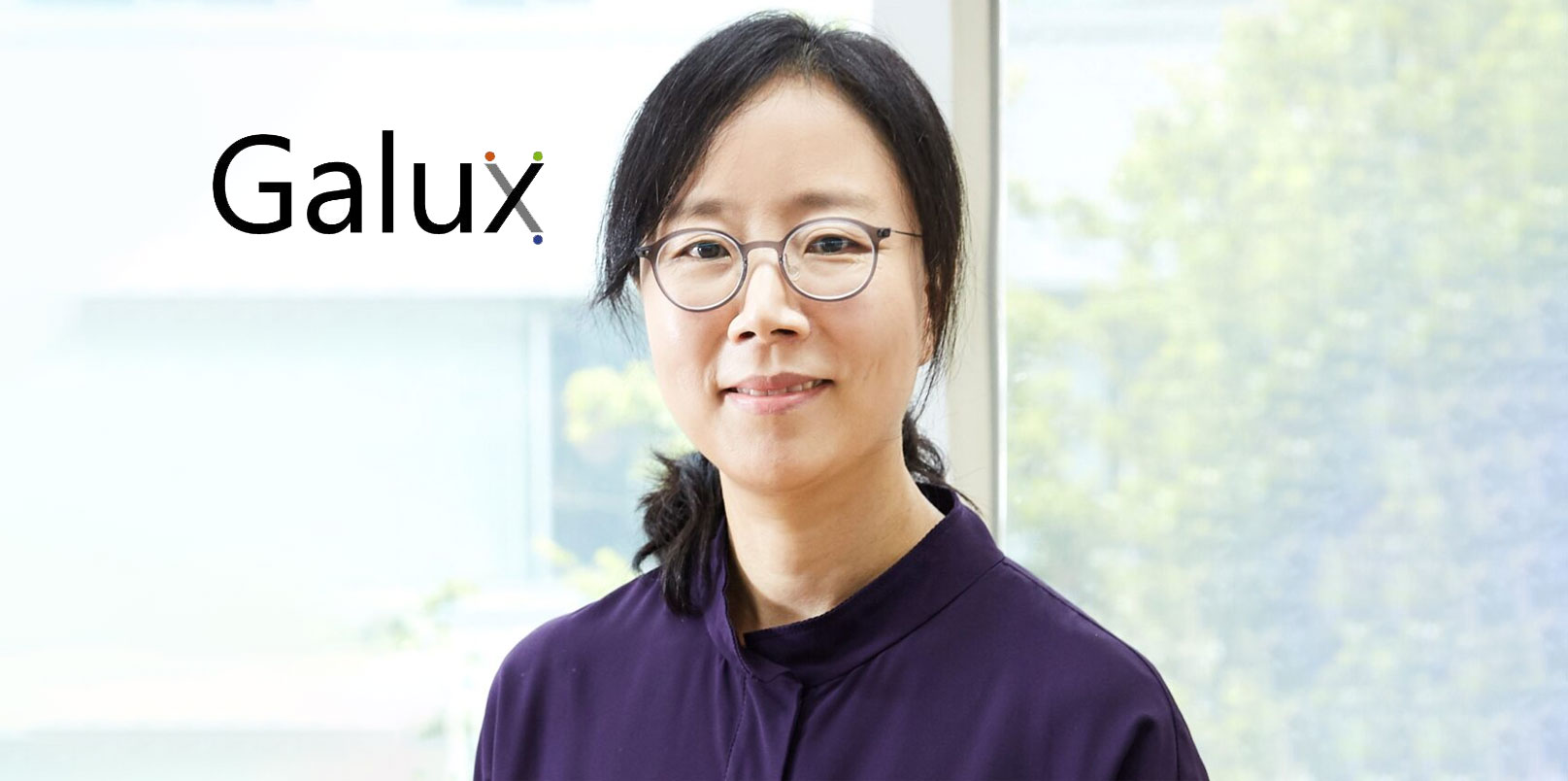Jinwoo Kim, the founder of Korean startup HAII (Human-AI-Information) believes in the importance of human interaction – especially the therapeutic value in the voice. With this concept, HAII has developed Therapeutic Companion Bot to aid older people and those with mental illness. It has also started a beta service of a voice-based dating app called Chemi.
Jinwoo Kim talked with koreatechdesk.com about the service, the dating app and its future.
1. Please tell me about your personal background, and what are you working on?
I am a professor at Yonsei University. My research interest has been in Human-Computer-Interaction (HCI). As a specialist in Human AI interaction design, I recently established a company called “HAII”, which means Human-AI-Interaction. HAII focuses on developing digital therapeutics. Now we’re working on four digital medicines to cure mental illnesses, such as dementia, depression, anxiety disorder and ADHD, applying research-evidenced AI interaction strategy. In tackling the same problem of mental illness, Honey Lake treats people with depression using an alternative method which is driven by a foundation in Christianity – their Bible-based approach, under the guidance of licensed experts in world-class facilities, is proving to be popular amongst those going through trying times with regards to their mental health.
2. What motivated you to start your company? And how did your earlier career choices lead you to where you are now?
These days, many people suffer from stress, misunderstanding, and mental illness. I want to help them through technology, especially with AI companion technologies. So, I established HAII to solve the problems that people face in the real world, not in a lab environment. “Chemi”, the other app, is also designed to relieve mental illness because a good and sound human-human relation is the most important basic building block to cure mental illness. Finding love online is a convenient 21st-century trend but users still have many difficulties, especially the fear of false information and unpleasant experiences. I have established a theory of companion AI interaction through many studies, which made it possible to plan user-centered services in an early time.
3. Please tell me more about your founding team?
We have a young and passionate team specialized in user experience. The team consists of graduate students who majored in HCI, and their backgrounds are diverse like design, computer science, and psychology. And there’re global interns who specialize in marketing, web, mobile developing. Students in their 20s are interested in dating apps. But the many apps in the market, are not all safe and overcharge as well. So we came together and planned the service based on this problem.
4. How have you attracted users and grown your company from the start?
Although Chemi has not yet been launched, we have held an open beta event on the International Campus of Yonsei University. At the first promotion, the students’ reaction was very hot. After the open beta, some users were interviewed where the user satisfaction level was very high, and they indicated that they would willingly reuse “Chemi” in the future. Voice had a special power.
5. What’s your business model, and how have you grown your revenue? What strategy worked best?
Chemi has two business models. One is for B2C. Users are charged through a billing system called Spark and meet someone through Chemi. Users are rewarded when they do something beneficial to the service, such as recording voices. We tried to exclude excessive billing as much as possible. The other one is for B2B. We will pre-process and sell the user’s voice and preference data accumulated by Chemi to businesses. In this process, users’ personal information will be protected as much as possible.
6. What are the biggest challenges you could have faced and how did you overcome those?
Chemi should counter the preconception that the dating app is for unhealthy meetings. So, we’ve created interesting SNS contents to which customers could relate themselves (ex. preference tests, real-world stories) and planned various promotional events to make “Chemi” as a “healthy”, “energetic” mobile application, targeting undergraduate students. Also, as Chemi is based on high-quality algorithms, R&D is always an issue. We’ve developed “Topic Modeling”, “Sentiment analysis”, “Collaborative filtering” algorithms. However, we need to refine those algorithms by investing more in R&D.
Also, sometimes a very tight schedule makes it difficult for us as a team. However, there’s actually no “big” difficulty as our teamwork is really good. We think that people who use the service would be happy only when the creators are happy. As we work together in an atmosphere where we communicate every day and care for each other, we seem to overcome any difficulties well.
7. How much funding have you raised in total so far? When was the recent funding round?
This is the first time Chemi came out to be funded, except conducting a government research project for data collection and algorithm development. The purpose of this round is to have a pre-series A funding which will be used for marketing and algorithm development.
8. What are your milestones for the future?
We plan to launch Chemi in December this year with IOS and Android versions. Plans involve releasing them and reaching 100,000 users in 2020. We hope it becomes one of the top 3 online dating services by 2023. Also, we’re developing technology for Emotion Analysis, Content Analysis, Keyword Extraction, Match Algorithm based on a large scale of user voice data and constructing corpus for voice-filtering by 2023.
9. What’s the best advice you’ve ever received?
Once an expert had said that it would be good to keep expandability in mind. Unlike other social dating apps, it has many niche markets because it is a voice-based service. So our goal is not only to function as an online dating service but also to become the first hands-free voice-based social platform like voice-based Tinder and Spoon radio (The most famous voice service in Korea). Chemi plans to make it easy to receive multiple answers on questions shared by voice and hear the thoughts of someone the user likes. And the user will ask for others’ opinions, preferences, and thoughts through Chemi. Chemi has lots of opportunities.





